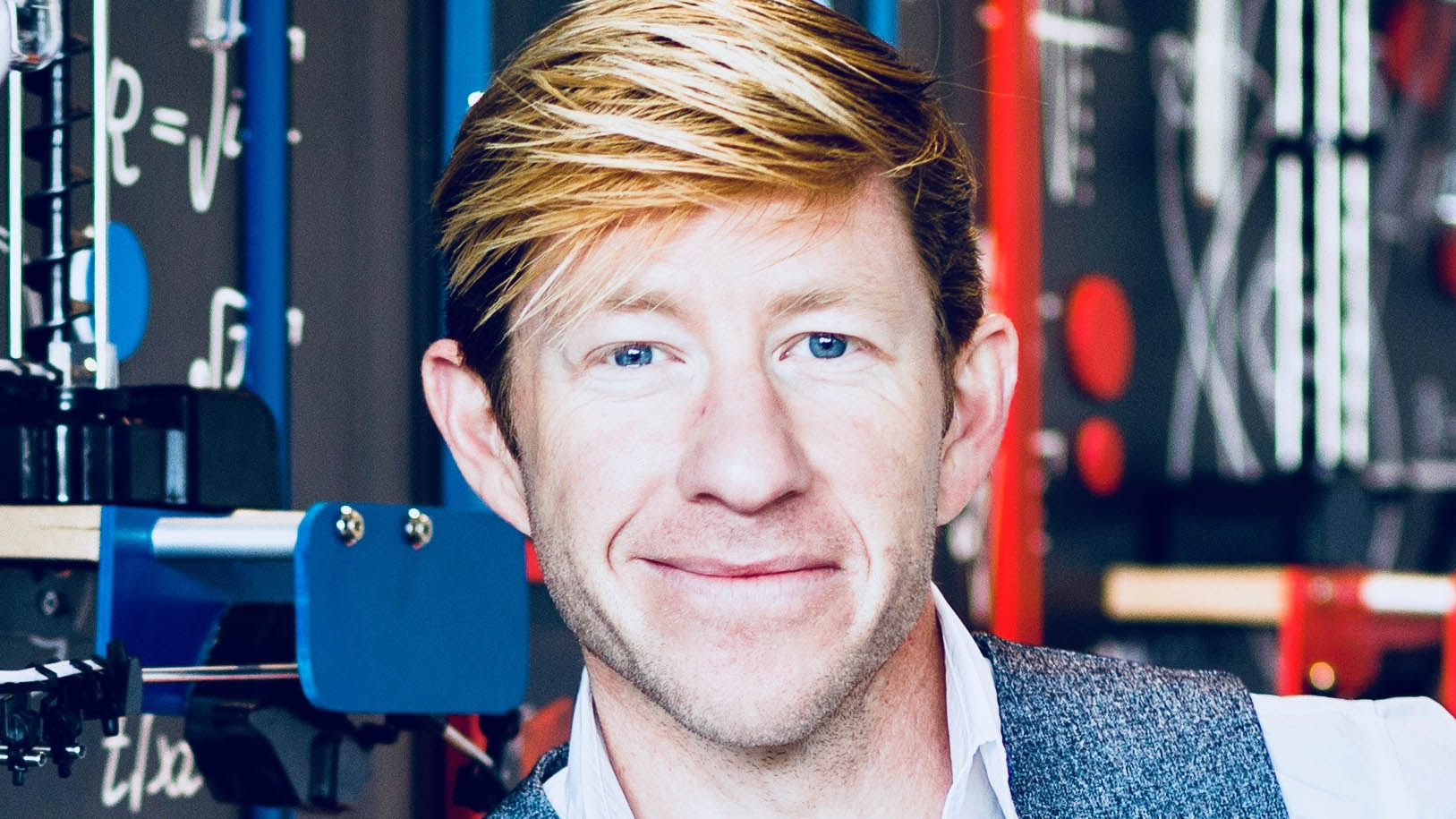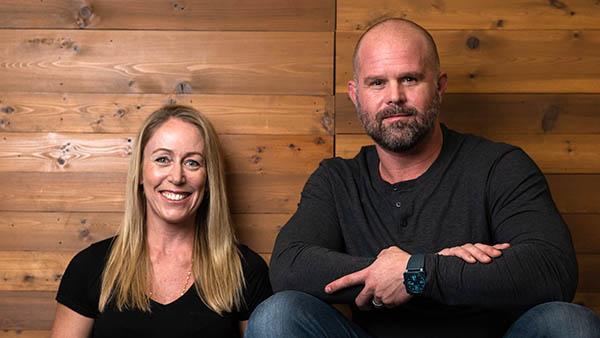Dr. Lisa Mosconi
Episode 43, Brain Health—Genes Aren't Destiny
Without intervention, the United States is going to face 15 million Alzheimer's patients by the year 2050. Most of them will be women. This startling prediction is preventable according to Dr. Lisa Mosconi, Director of the Women’s Brain Initiative and Associate Director of the Alzheimer’s Prevention Clinic at Weill Cornell Medical College in New York City.
A Sonic Journey
Genes aren’t destiny as far as Alzheimer’s disease is concerned. Aging is not a linear or inevitable trajectory towards dementia. The future of our brain is really in our hands.
A neuro-nutritionist as well as a world-renowned clinical neuroscientist, Dr. Lisa Mosconi asserts there is a lot you can do to maintain a healthy brain, as well as reduce the risk or delay the onset of diseases such as dementia and Alzheimer’s. Her pillars of brain health include diet, exercise, sleep, mental stimulation, stress reduction, and overall good health maintenance.
Mosconi’s book, Brain Food: The Surprising Science of Eating for Cognitive Power, lays out the nutritional essentials for brain health. One of the most important essentials is water. The brain is 80% water, so even the slightest dehydration can impair function. Says Mosconi, “Keeping hydrated can have an immediate impact on mental power.” Mosconi also recommends a diet dense in nutrients that impact brain function. Important nutrients include Omega 3s (salmon, caviar, flaxseed oil), estrogens (dark chocolate), phytonutrients (red wine), and antioxidants (espresso) to name a few.
Another key element for brain health is sleep. Dr. Mosconi explains, “Sleep essentially power washes the brain—removing all waste products, impurities, and toxins, including Alzheimer’s plaques.”
Mosconi states that taking care of your brain requires discipline, but the benefits will last a lifetime. “Genetics, environment, and lifestyle literally shape the brain—the female brain in particular. There are all these things that are in our power to do, to promote brain health at any age, and for the long-term. We need to take care of our brains because they’re literally our most important asset and the sooner we start, the better.”
Subscribe
Want to automatically receive each new episode as soon as it’s released? Choose one of the following options:
- For video, subscribe on YouTube.
- For audio, subscribe to Apple Podcasts, Spotify, or Google Podcasts.
Don't miss an episode!
What you’ll learn
- What a healthy brain looks like (2:12)
- The 8 pillars of brain health and Alzheimer’s prevention (3:03)
- Aging is not a linear trajectory toward dementia (4:36)
- The research behind her book The XX Brain (5:29)
- Dr. Lisa Mosconi’s belief in preventative measures for dementia and Alzheimer’s (7:12)
- Why the approach to men’s and women’s brain health should be different (10:06)
- What you can do to keep your brain healthy? (12:12)
- What bio-individuality is and why it’s important (13:27)
- The importance of a diet that benefits the brain (15:30)
- Omega-three fatty acids are crucial for brain health (16:40)
- How olive oil contributes to brain health (18:54)
- Why caviar is a good brain food (22:04)
- Dark chocolate provides important brain nutrients (23:36)
- How phytonutrients with antioxidants (red wine) can slow down brain aging (27:00)
- Why espresso is associated with better cognitive performance later in life (29:12)
- Dr. Mosconi’s conservative approach to taking supplements (30:50)
- The important role of sleep in brain health (34:10)
- Hydration and brain performance (38:50)
- Women’s brain health—the unique biological differences between men’s and women’s brains (42:06)
Resources
RELATED INTERVIEWS












